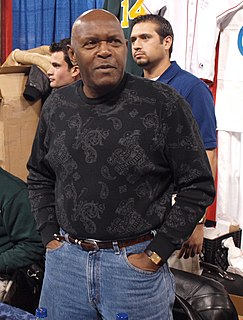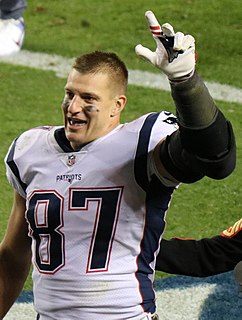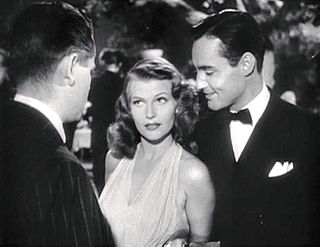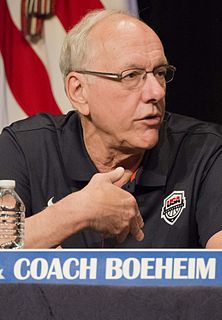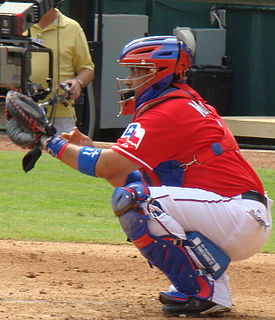A Quote by Vida Blue
It's a weird scene. You win a few baseball games and all of a sudden you're surrounded by reporters and TV men with cameras asking you about Vietnam and race relations.
Related Quotes
Oh, the places you'll go! There is fun to be done! There are points to be scored. There are games to be won. And the magical things you can do with that ball will make you the winning-est winner of all. Fame! You'll be as famous as famous can be, with the whole wide world watching you win on TV. Except when they don't Because, sometimes they won't. I'm afraid that some times you'll play lonely games too. Games you can't win 'cause you'll play against you.
Intersectionality has made an important contribution to social and political analysis, asking all of us to think about what assumptions of race and class we make when we speak about "women" or what assumptions of gender and race we make when we speak about "class." It allows us to unpack those categories and see the various kinds of social formations and power relations that constitute those categories.
